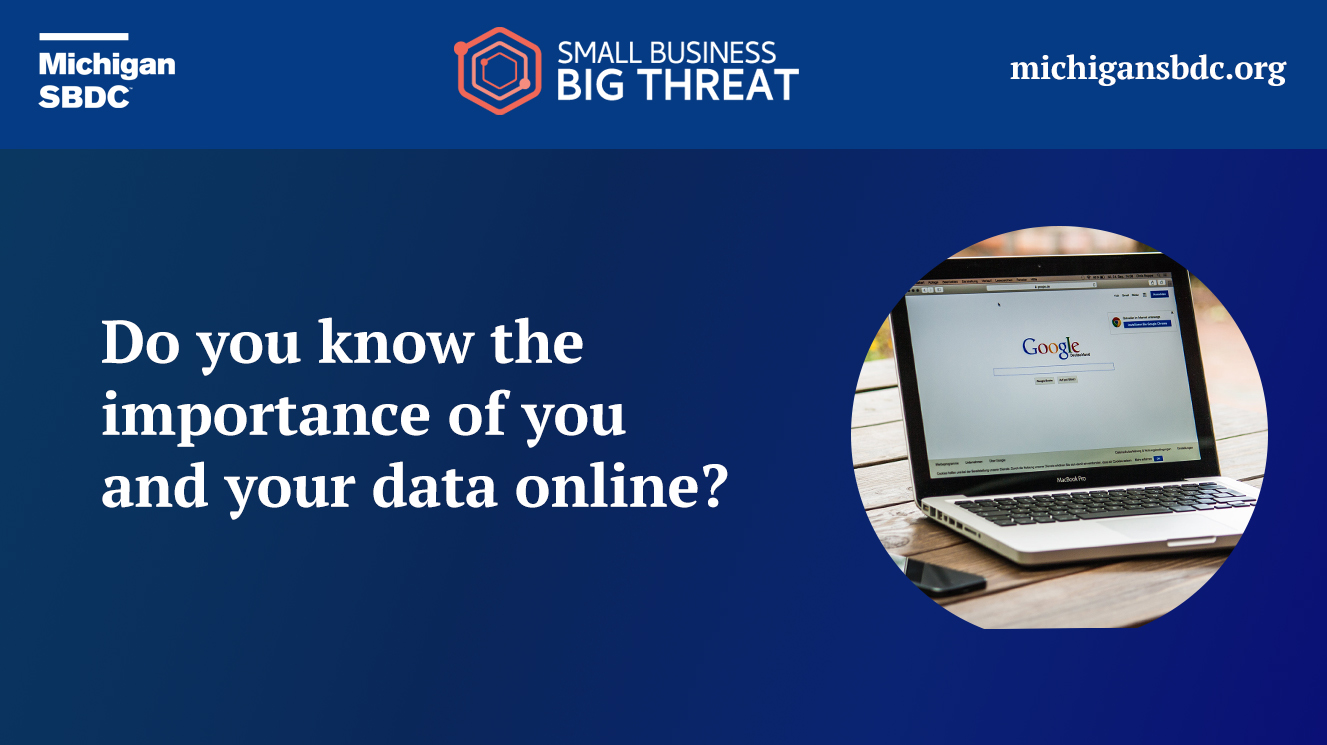 Do you know the importance of you and your data online? What if I told you your data is what powers the internet, would you believe me? You really should. It is hard to get an exact amount of data that makes up the internet but I have stumbled across a few good estimates. ExplodingTopics estimates there are 147 zettabytes (a trillion gigabytes) and HealthIT estimates that in 2025 there will be around 175 zettabytes of data. A very interesting thought, according to FinancesOnline, on average a single internet user creates 146.88 gigabytes of data everyday. You and your data powers the internet.
Do you know the importance of you and your data online? What if I told you your data is what powers the internet, would you believe me? You really should. It is hard to get an exact amount of data that makes up the internet but I have stumbled across a few good estimates. ExplodingTopics estimates there are 147 zettabytes (a trillion gigabytes) and HealthIT estimates that in 2025 there will be around 175 zettabytes of data. A very interesting thought, according to FinancesOnline, on average a single internet user creates 146.88 gigabytes of data everyday. You and your data powers the internet.
The cost of doing business
If you want to be online, you have to sacrifice your data, that is the reality. As a small business it is important to have a visible footprint on the internet as well. A place where your current customers and potential customers can come to for whatever reasons. Maybe you sell products online, maybe you schedule appointments, your product is showcased on your website, business hours and contact information is listed on your site, whatever it may be, it’s a place for your business to communicate to your community.
Convenience versus privacy
Now you may have heard about using virtual private networks and masking your IP address. You may use incognito mode browsers, other privacy browsers, and deploy ad-blockers. You probably also have noticed that sometimes this isn’t always convenient.
This is really the age old question in cybersecurity, convenience versus protection. Which one wins? Too much convenience and your data is no longer safe. Too much protection and you can no longer efficiently do the work.
This is something to think about when creating and maintaining your small business’s website. Look at your website through the eyes of a privacy minded customer. What information, as a customer, are you willing to give to a business? Consider what information, the tracking cookies, you’d be okay with accepting as them.
As most of us have probably seen, many websites now give us the choice of which tracking cookies are enabled and disabled. Consider this feature on your website. Have a written and posted data privacy policy on your website stating why you collect what you collect, the methods a user can request removal, and any other relevant information on the privacy of the user.
To learn more about cybersecurity threats, trends, and topics with a focus on small business, check out Small Business, Big Threat!